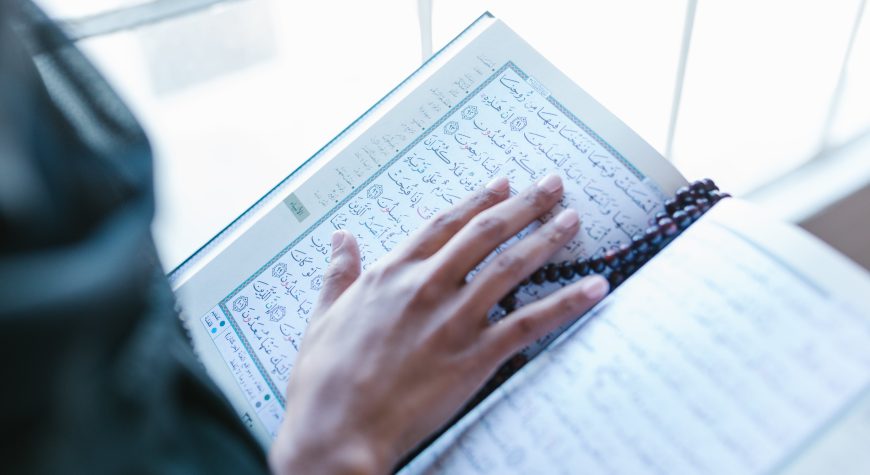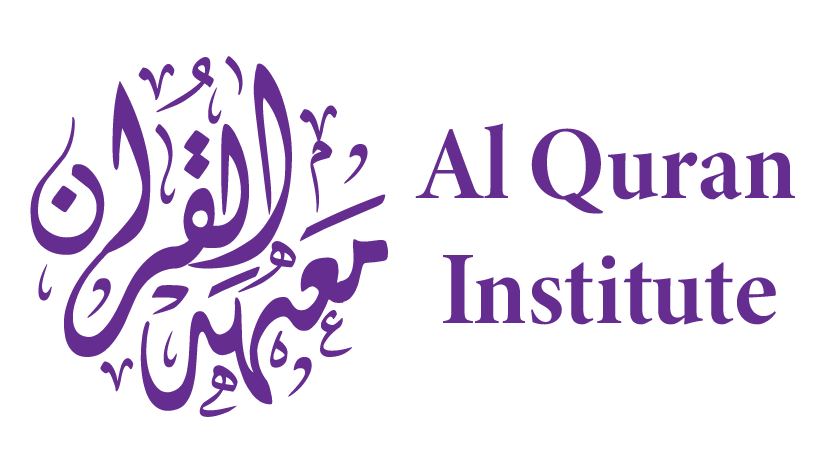The Quran: Guiding Muslims on the Right Path

Introduction: The Quran, the holy book of Islam, stands as a beacon of guidance for millions of Muslims worldwide. It is not merely a religious text but a comprehensive guide offering insights into various aspects of life. Let’s delve into the profound significance of the Quran and dispel some common misconceptions.
The Significance of the Quran in Islam
The Divine Revelation: The Quran is considered the literal word of God, revealed to the Prophet Muhammad over 23 years. This divine revelation is seen as a guiding light for Muslims, providing solutions to life’s complexities.
Guidance for Life: Muslims turn to the Quran for guidance in all aspects of life. From personal conduct to societal interactions, the Quran serves as a comprehensive manual for righteous living.
Moral and Ethical Code: Embedded within the Quran are ethical principles that shape the moral compass of its followers. Concepts of justice, compassion, and integrity are intricately woven into its verses.
Misconceptions and Clarifications
Contextual Understanding: One common pitfall is interpreting Quranic verses out of context. Understanding the historical and social context is crucial to grasp the intended message accurately.
Misinterpretations: The Quran is often misinterpreted, leading to misconceptions about Islam. Clarifying these misinterpretations is vital for fostering a better understanding of the faith.
Quranic Verses on Peace and Compassion
Promotion of Peace: Contrary to misconceptions, the Quran strongly advocates for peace. Numerous verses emphasize the importance of resolving conflicts through peaceful means.
Compassion for All: Compassion is a recurring theme in the Quran. Muslims are encouraged to show kindness not only to fellow believers but to all of humanity.
The Quran as a Source of Wisdom
Prophetic Teachings: The Quran encapsulates the teachings of the Prophet Muhammad, offering timeless wisdom applicable to contemporary challenges.
Relevance to Modern Life: Despite being over 1,400 years old, the Quran remains relevant in addressing modern societal issues, demonstrating its timeless relevance.
Addressing Common Questions
Misconceptions About Jihad: One misunderstood concept is Jihad, often associated with violence. However, Jihad primarily refers to the inner struggle for self-improvement.
Women’s Rights in Islam: The Quran advocates for the rights of women, promoting equality and justice. Misconceptions regarding women’s status in Islam need to be dispelled.
The Quran and Scientific Verses
Harmony with Science: Surprisingly, the Quran contains verses that align with scientific discoveries, showcasing a harmony between religious teachings and scientific understanding.
Encouragement for Inquiry: Rather than discouraging knowledge, the Quran actively encourages inquiry and exploration, fostering a balanced approach to faith and reason.
Cultural Diversity in Quranic Verses
Embracing Diversity: The Quran celebrates the diversity of humanity, emphasizing that differences in culture and ethnicity are part of God’s divine plan.
Equality Among Humanity: All humans are considered equal in the eyes of God, transcending racial and social boundaries, promoting a sense of unity.
Quranic Influence on Art and Literature
Inspirations for Creativity: The Quran has been a profound source of inspiration for artists and writers, influencing diverse forms of creative expression.
Expressions of Devotion: Artistic endeavors, such as calligraphy and poetry, often serve as expressions of devotion to the Quranic verses.
How Muslims Approach the Quran
Personal Connection: Muslims forge a personal connection with the Quran through regular recitation, finding solace and guidance in its verses.
Rituals and Practices: Various rituals and practices, such as daily prayers and recitation, reinforce the Quran’s role in shaping the spiritual life of Muslims.
Quranic Verses on Justice
Fairness and Equality: The Quran promotes fairness and equality, laying the foundation for a just and harmonious society.
Social Justice: Islamic principles of justice extend beyond individual interactions, emphasizing the importance of societal justice.
The Quran in Daily Life
Decision-Making: Muslims turn to the Quran for guidance in decision-making, seeking wisdom in navigating life’s challenges.
Daily Reflection: The practice of daily reflection on Quranic verses allows individuals to derive meaning and lessons applicable to their daily lives.
Challenges in Quranic Interpretation
Diverse Perspectives: The diverse interpretations of the Quran highlight the richness of Islamic thought but also pose challenges in fostering a unified understanding.
The Role of Scholars: Islamic scholars play a crucial role in interpreting the Quran, bridging the gap between the ancient text and the contemporary world.
The Quran’s Impact on Global Ethics
Contributions to Morality: The Quran’s influence extends to global ethics, contributing to shared moral values that transcend cultural and religious boundaries.
Shared Values: Despite religious differences, the Quran promotes shared values that are essential for building a more compassionate and understanding world.
Conclusion
In conclusion, the Quran stands as a timeless guide for Muslims, offering wisdom, peace, and a moral compass. It dispels misconceptions, promotes diversity, and influences various aspects of life.
Lorem Ipsum

